April 30 is National Honesty Day, a holiday quietly created in the early 1990s by M. Hirsh Goldberg, a former press secretary for the state of Maryland. After writing The Book of Lies, Goldberg realized that while April Fools’ Day is widely celebrated with pranks and deception, there was no cultural counterweight.
No day reserved for honesty, integrity, and straightforward communication.
So he chose the final day of April, a symbolic close to a month that begins with trickery to honor truth, transparency, and trustworthiness.
It’s not a federal holiday. You won’t see parades or sales events. But maybe it should be more than a curiosity on the calendar. Maybe we need Honesty Day more than ever before.
Why?
Because in a world increasingly built on narratives instead of facts, on perception instead of proof, and rhetoric over reality, the very idea of honesty has become radical. And if there’s any tool designed for an era desperate for verifiable truth, it’s the BSV blockchain.
BSV: Designed for permanent, verifiable truth
Bitcoin was always capable of being more than just a payment network. It is also a payment network bootstrapped as a digital cash system, but that is just the baseline function that enables so much more!
It’s a global ledger, or a global database, a universal distributed log of critical records that can be stored immutably, transparently, and without centralized custodians who might later manipulate the facts.
I previously wrote about this in “An Inconvenient Weather App,” where I explored how WeatherSV could change the climate debate forever. By recording climate data on-chain, permanently, and publicly, it would become impossible to retroactively alter or reframe historical weather records to suit political agendas. There would be no massaging of temperature curves, no erasure of inconvenient data points, just the real, raw truth preserved.
Imagine how transformative that would be for the climate conversation, and then extrapolate it for every contested field of human knowledge.
A better way to keep the books
Take accounting as another example. Traditional Double Entry bookkeeping has served the world for centuries, but it depends on the honesty of the recordkeeper and bookkeeper or the CPA, who has misaligned incentives because he works for whoever is paying him, or he is the business owner himself—in an inherent conflict of interest.
Triple Entry Accounting, pioneered by thinkers like Ian Grigg, uses a blockchain to create an immutable third ledger, a record that neither party can alter without the world noticing.
With Triple Entry Accounting on Bitcoin, two transacting parties and a neutral third party (the blockchain) each have a cryptographically verifiable transaction record, making fraud exponentially harder. Trust costs go down. Global commerce becomes faster, cheaper, and more reliable, not because people suddenly become better, but because the system makes dishonesty impractical.
And that’s the point: honesty is hardwired into the infrastructure.
This same concept is also the underlying premise behind the cybersecurity suite of tools created by SmartLedger with their CERTIHASH Sentinel Node product. Rather than accounting for monetary transactions, it uses the concept of Triple Entry Accounting to keep track of network events and digital company assets, and any tampering is alerted to the necessary parties nearly instantly, reducing the cost of monitoring by over 99%.
How’s that for honesty?
Honesty in a dishonest age
Goldberg created Honesty Day because he believed we needed cultural spaces where truth was celebrated instead of undermined.
Today, we’re seeing what happens when every institution—media, finance, government, business, and academia—becomes suspiciously flexible with the facts. Truth becomes whatever you can market. Reality bends to the strongest PR campaign. And the common man, the honest business, and the hardworking family lose confidence in everything.
Bitcoin, when properly scaled and deployed, is one of the most powerful antidotes we have. It’s not perfect, but it was designed to put power back into the hands of individuals by preserving objective records for anyone to see and audit.
That spirit—the spirit of a verifiable, provable, universal record—is often reduced to just a technical innovation. But it is so much more than that. At its core, Bitcoin is a moral innovation rooted in the belief that the truth is fundamentally good, and an honest accounting of the truth is what makes a culture great!
The challenge before us
We can’t make the world more honest just by talking about it. We have to build it.
We need more tools like WeatherSV. We need Triple Entry Accounting to become the norm, not the novelty. We need healthcare records, property titles, voting results, research data—all the vital information of civilization —secured immutably on a blockchain built to scale and served by institutions in such a way that anyone can validate that the records are not tampered with.
Lastly, we also need to live by that ethic ourselves: bold enough to tell the truth and strong enough to build the systems that enshrine it.
On this National Honesty Day, I challenge every builder, every entrepreneur, every dreamer in our ecosystem:
Don’t just talk about changing the world.
Use Bitcoin to tell the truth and help build a world that can’t be lied to.
Watch: History of Bitcoin with Kurt Wuckert Jr.




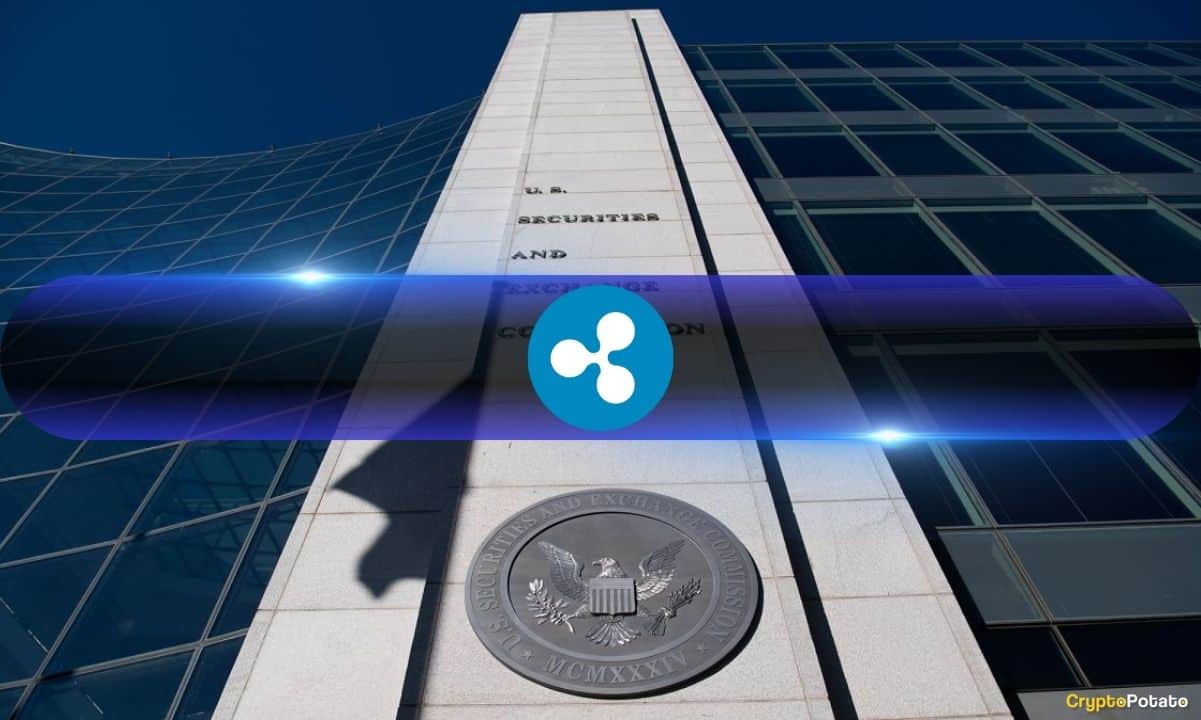
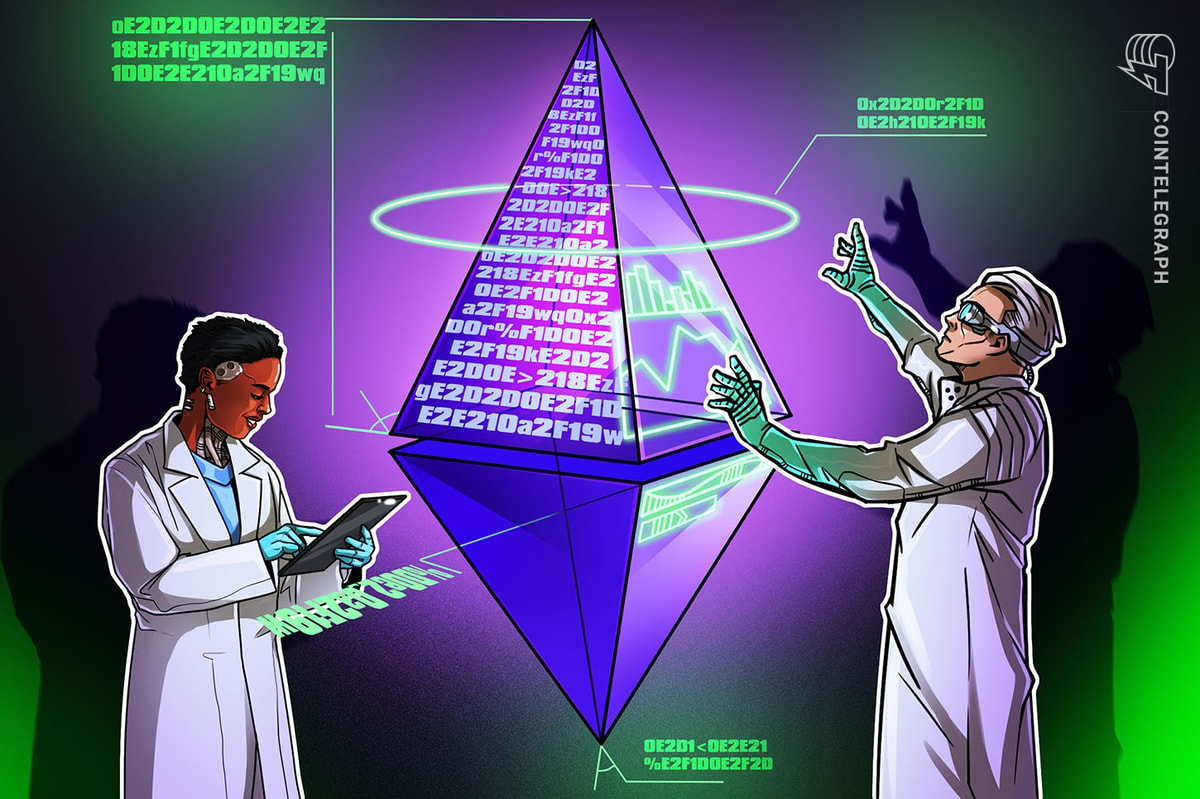


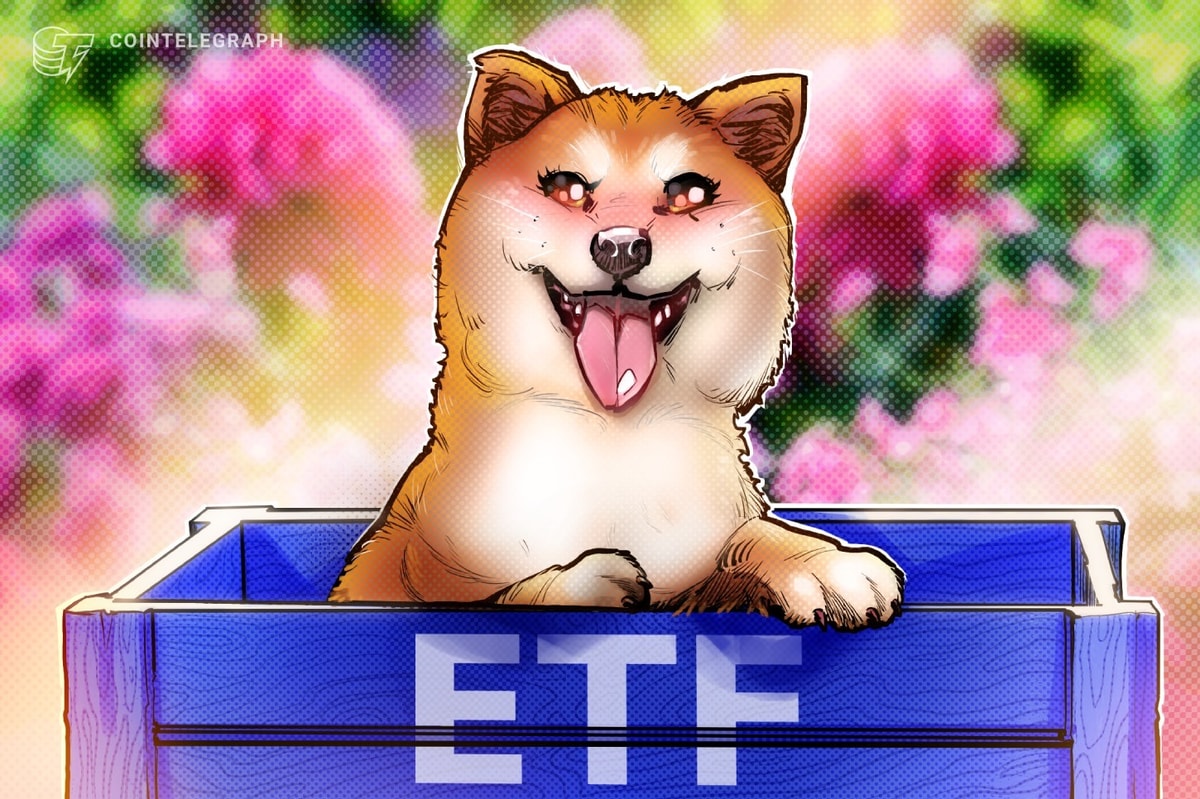
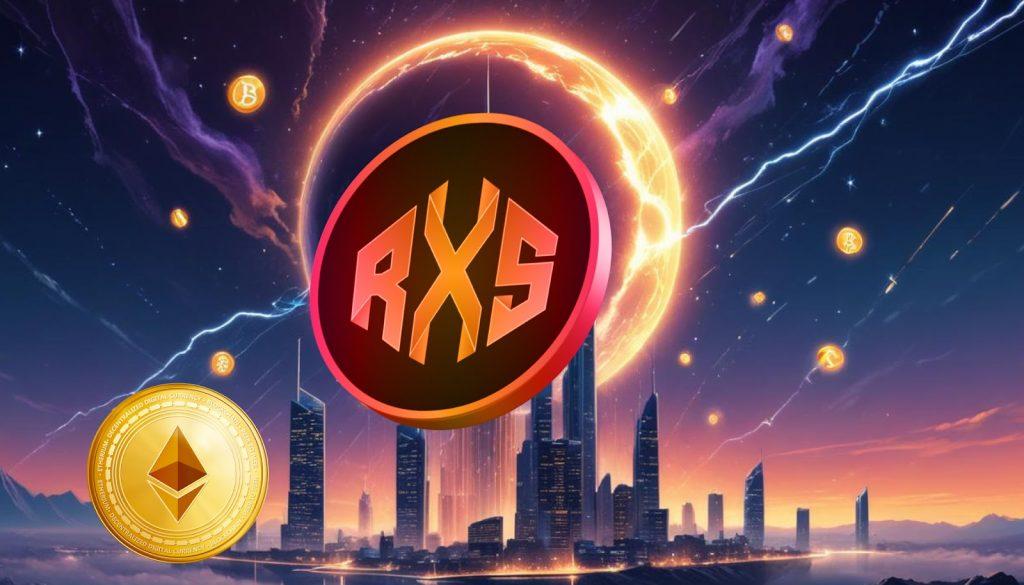
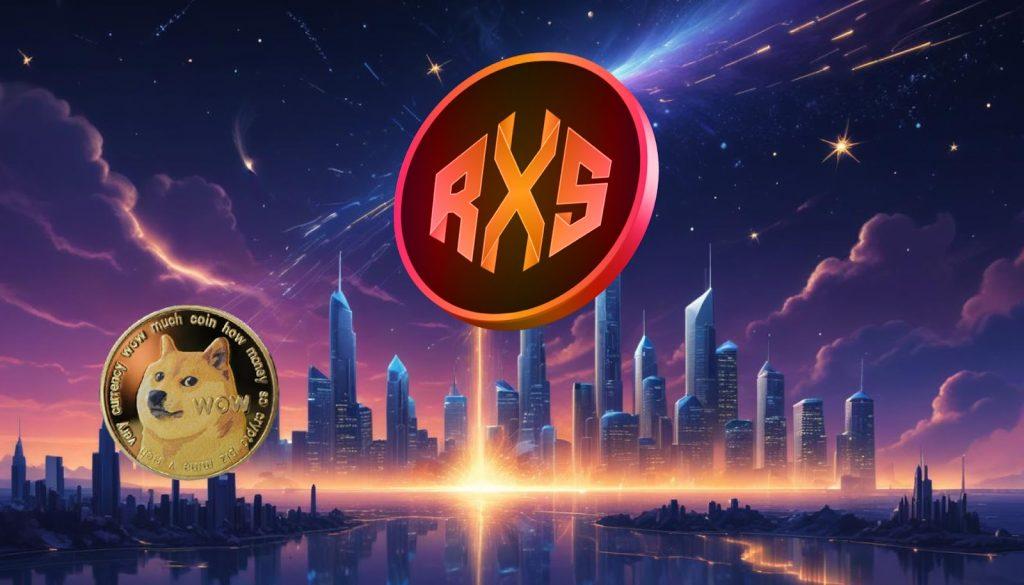
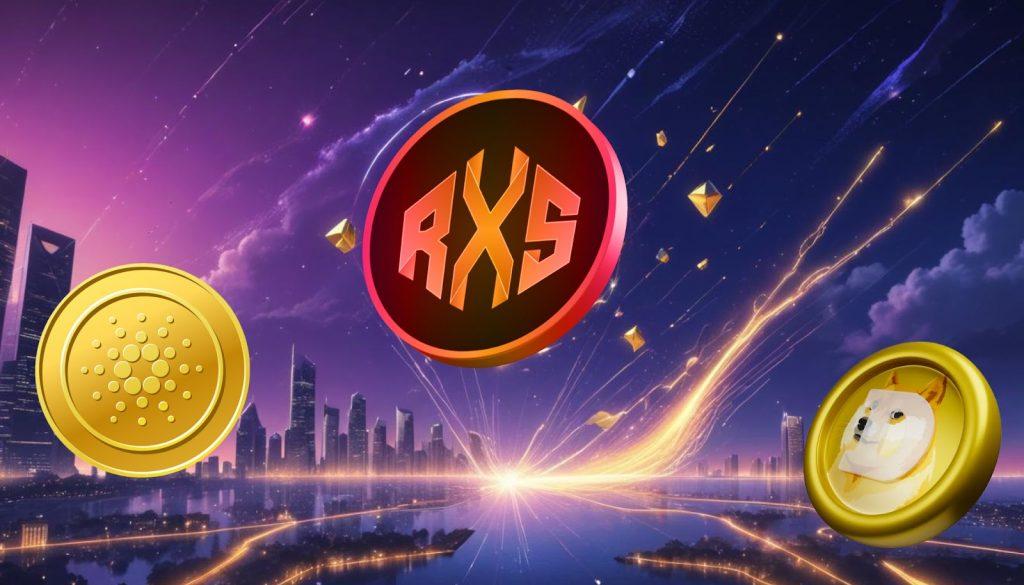





 English (US) ·
English (US) ·